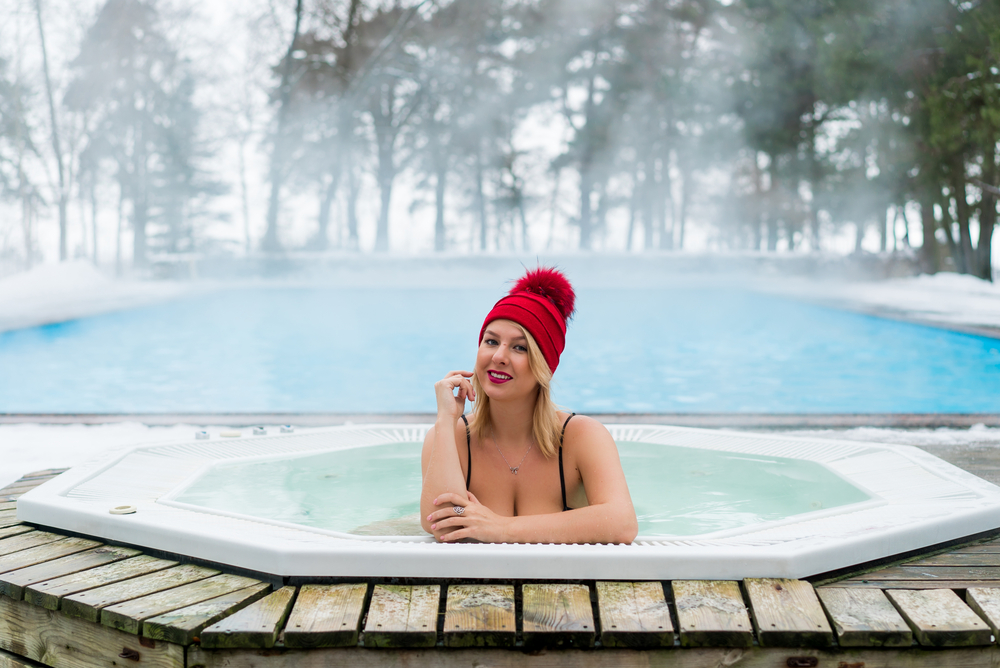Introduction to Pool Warmers
Pool warmers are essential for maintaining comfortable water temperatures in swimming pools, ensuring an enjoyable swimming experience regardless of the weather. They come in various types and offer different benefits depending on your needs and preferences.
Types of Pool Warmers
Electric Pool Heaters
Electric pool heaters are popular for their reliability and efficiency. They work by heating a coil using electricity, which then warms the water as it passes through the system. While they may have higher operating costs, they provide consistent heating and are suitable for all climates.
Solar Pool Heaters
Solar pool heaters utilize the power of the sun to warm the pool water. They consist of solar panels that absorb sunlight and transfer the heat to the water through a series of pipes. Solar pool heaters are eco-friendly and cost-effective in the long run, although they may have higher upfront costs.
Gas Pool Heaters
Gas pool heaters use natural gas or propane to heat the water quickly. They are ideal for heating the pool on short notice and are suitable for colder climates where solar heaters may be less effective. Gas heaters have lower upfront costs but may be more expensive to operate compared to electric or solar options.
Benefits of Using a Pool Warmer
- Extended Swimming Season: With a pool warmer, you can enjoy your pool for a longer period, even during cooler months.
- Increased Comfort: Warmer water temperature provides a more comfortable swimming experience for you and your family.
- Health Benefits: Swimming in warmer water can have therapeutic effects, such as soothing sore muscles and improving circulation.
- Enhanced Value: Installing a pool warmer can increase the value of your property, making it more attractive to potential buyers.
Factors to Consider Before Choosing a Pool Warmer
Pool Size and Location
Consider the size and location of your pool, as this will determine the type and size of the pool warmer needed to effectively heat the water.
Climate
Evaluate the climate of your region to determine the best pool warmer option for optimal efficiency and performance.
Budget
Determine your budget for purchasing and operating a pool warmer, taking into account upfront costs and long-term savings on energy bills.
Environmental Impact
Consider the environmental impact of each pool warmer option and choose one that aligns with your sustainability goals.
Installation and Maintenance of Pool Warmers
Proper installation and regular maintenance are crucial for ensuring the optimal performance and longevity of your pool warmer. Follow manufacturer guidelines and schedule routine inspections to keep your system running smoothly.
Comparing the Cost and Efficiency of Different Pool Warmers
When comparing pool warmer options, consider both the initial cost of installation and the long-term operating costs. Additionally, assess the efficiency of each system to determine which one offers the best value for your money.
Tips for Maximizing the Efficiency of Pool Warmers
- Use a Pool Cover: A pool cover can help retain heat and prevent heat loss, reducing the workload on your pool warmer.
- Optimize Settings: Adjust the temperature settings of your pool warmer to ensure optimal energy efficiency.
- Regular Maintenance: Keep your pool warmer well-maintained to maximize its efficiency and prolong its lifespan.
Common Misconceptions About Pool Warmers
- Expensive to Run: While there are upfront costs associated with installing a pool warmer, they can actually save you money in the long run by reducing your energy bills.
- Only for Summer Use: Pool warmers can extend your swimming season well beyond the summer months, allowing you to enjoy your pool year-round.
Environmental Impact of Pool Warmers
While pool warmers do consume energy, there are eco-friendly options available, such as solar pool heaters, which harness renewable energy from the sun.
Conclusion
Investing in a pool warmer is a smart decision for enhancing your swimming experience and making the most out of your pool investment. By considering factors such as pool size, climate, and budget, you can choose the right pool warmer for your needs and enjoy comfortable swimming all year round.
FAQs
- How long does it take to install a pool warmer? Installing a pool warmer typically takes a few days, depending on the type of system and the complexity of the installation.
- Are pool warmers energy-efficient? Yes, pool warmers can be energy-efficient, especially if you choose a system that is well-suited to your pool size and climate.
- Do pool warmers require regular maintenance? Yes, like any other equipment, pool warmers require regular maintenance to ensure optimal performance and longevity.
- Can I use a pool warmer in colder climates? Yes, you can use a pool warmer in colder climates, but you may need to choose a more powerful system or supplement with other heating methods.
- Are pool warmers environmentally friendly? Some pool warmers, such as solar pool heaters, are environmentally friendly as they utilize renewable energy sources.

